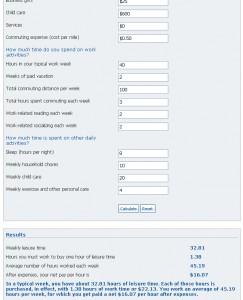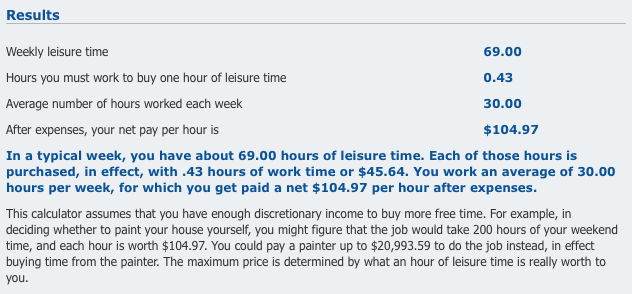 Mitch suggests that while you are waiting for the “landmark victory … i.e. a four-bagger, a game changer … one that propels your business to a new level” you should play a little ‘small-ball’ with your business:
Mitch suggests that while you are waiting for the “landmark victory … i.e. a four-bagger, a game changer … one that propels your business to a new level” you should play a little ‘small-ball’ with your business:
Small ball for me is the ability to deliver small but meaningful enhancements to your business in succession and continually.
A 2% improvement here, a 1% improvement there and a 4% pick up in efficiency here – those small bits can really add up. If you stopped to think about how you can deliver a 10% or a 20% improvement in your business it could be a struggle. Or you might have a few good ideas, but the resources to get there may be out of reach.
Instead, if you thought about how you could improve your business by 1% or 2% you’d likely come up with a bunch of practical, implementable ideas. And the good news is if you string those wins together you get your 10-20%! Even better, if you keep doing it you’ll go way beyond.
Thinking back, I can’t really recall if I was a ‘small-ball’ type of business person … perhaps I was, but just called it ‘business as usual’, which is what I guess it should be … in fact, it’s the small stuff that you should empower your staff to go after (with encouragement, culture, recognition, and incentives) while you, perhaps, focus on the strategic picture (assuming that you have staff … otherwise I guess you’re going to have to do all the small-and-big-ball stuff yourself!).
If I suggested that you needed to find a way to produce a compound growth rate of 33% in your business to help you reach your Number, you might balk …
… but, if I suggested that you look to increase a few key areas by a mere 10%, would you be quite so wary? Probably not.
Jay Abraham, perhaps the greatest (and, most practical!) marketing mind of the modern era, illustrates this perfectly … in this case, by demonstrating the power of cumulative changes in, say, your marketing and sales strategy:
If you had [say] 1,000 active clients, and if you had an average order of $100 for each time they were coming in, if they bought two times a year, that works out to an annual revenue of $200,000.
# of Clients Transaction Value per Client Transactions per Year Total Income
1,000 x $100 x 2 = $200,000But if all you did was increase those three categories by a mere 10% each…
# of Clients Transaction Value per Client Transactions per Year Total Income
1,100 x $110 x 2.2 = $266,200It would increase your annual revenue to $266,200—a 33% increase!
Now, if you have a ‘normal’ business … one operating profitably, and with a reasonable gross margin (which means, that you have more fixed than variable costs), then I don’t need to tell you that the effect on your bottom line could be much larger than 33% … do I?!
You can now see why this is one of the most powerful business lessons that I ever learned … and, Jay told me via a written document, exactly the same way that I am now telling it to you.
So, If you have a business, don’t waste time; meet with your key staff [AJC: or, yourself 🙂 ] today to look at how you can increase each of:
– The number of clients that you have [sales and prospecting],
– The average order size [upselling and cross-selling],
– The number of times that they buy [repeat-selling and back-end sales].
Simple … effective!





 You’re probably attracted to this blog because you want to get wealthy … and, if you’re anything like I was (and, now still am for ‘professional interest’) you probably read any and all decent books on personal finance in the hopes of finding those very ‘keys to wealth’.
You’re probably attracted to this blog because you want to get wealthy … and, if you’re anything like I was (and, now still am for ‘professional interest’) you probably read any and all decent books on personal finance in the hopes of finding those very ‘keys to wealth’. Guys, as the economy improves (if it improves) interest rates will surely rise, as they already are in other countries.
Guys, as the economy improves (if it improves) interest rates will surely rise, as they already are in other countries.